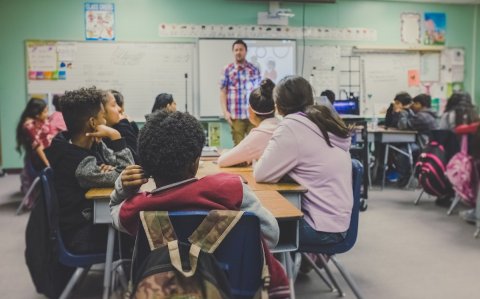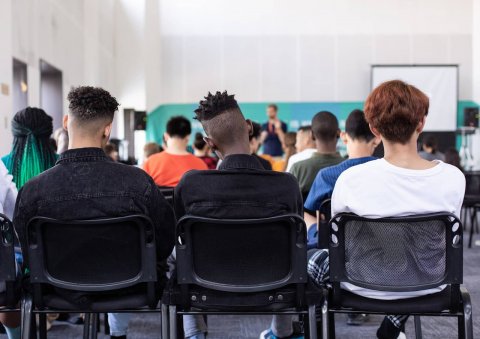News
The Children and Young People's Centre for Justice (CYCJ) of Scotland has recently published a new edition of ´Children and young people in conflict with the law: policy, practice and legislation`, a guide that compiles a great variety of aspects that intersect in the intervention by professionals who work with young people in the juvenile justice system.
The National Human Rights Commission (CNDH) of Mexico has recently published a report on the living conditions of young people in conflict with the law in the country’s youth detention centres.
The HM Inspectorate of Probation, the independent inspector service for youth offending and probation services across England and Wales, has published this week its Youth Annual Report 2022. Chief Inspector of Probation Justin Russell has praised the improvement in the overall quality of the services, with 70 per cent of the 33 services rated as ‘Good’ or ‘Outstanding’, compared to 58 per cent in 2018/2019
The National Governors Association (NGA) has recently published a report exploring the collateral consequences faced by young people that are involved in the juvenile justice system of the United States. This study was conducted by the NGA through a series of calls and virtual roundtable events to convene with national, state, and local subject-matter experts to explore the various consequences these young people face.
The Alliance for Youth Justice (AYJ) has recently published a report as part of their three-year project 'Young People in Transition in the Criminal Justice System', funded by Barrow Cadbury Trust. The project and the report examine the experiences of children and young people turning 18 while in contact with the criminal justice system in England and Wales. They focus on three thematic areas: custody, safeguarding young people at risk, and racial injustice.
The Global Campus on Human Rights has recently published a toolkit aiming to examine the current situation for children deprived of their liberty on the grounds of armed conflict or national security, building on the findings and recommendations of the UN Global Study on Children Deprived of Liberty.
A recent UNESCO report discusses the findings of a survey conducted to discover what teachers think about and do in response to school violence. The research was carried out in February and March of 2020, through an online global survey that had 34,877 respondents from 147 different countries, as well as 16 focus group discussions in a number of different countries.
A new report by the National Center for Learning Disabilities investigates the overrepresentation of young people with disabilities -and specifically those affecting learning- in the US juvenile justice system, often as a result of school policies that facilitate their transfer from the education system to the criminal justice system. The report highlights statistics which reveal that students with disabilities are three times more likely to be arrested than their non-disabled peers, and are estimated to make up 65%-70% of young people involved with the juvenile justice system.









